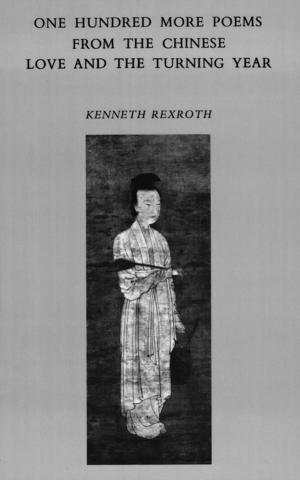| Author: | Forrest Gander | ISBN: | 9780811226974 |
| Publisher: | New Directions | Publication: | August 28, 2018 |
| Imprint: | New Directions | Language: | English |
| Author: | Forrest Gander |
| ISBN: | 9780811226974 |
| Publisher: | New Directions |
| Publication: | August 28, 2018 |
| Imprint: | New Directions |
| Language: | English |
**WINNER OF THE 2019 PULITZER PRIZE IN POETRY
LONGLISTED FOR THE 2018 NATIONAL BOOK AWARD
Publishers Weekly Best Poetry Book of 2018
Forrest Gander’s first book of poems since his Pulitzer finalist Core Samples from the World: a startling look through loss, grief, and regret into the exquisite nature of intimacy**
Drawing from his experience as a translator, Forrest Gander includes in the first, powerfully elegiac section a version of a poem by the Spanish mystical poet St. John of the Cross. He continues with a long multilingual poem examining the syncretic geological and cultural history of the U.S. border with Mexico. The poems of the third section—a moving transcription of Gander’s efforts to address his mother dying of Alzheimer’s—rise from the page like hymns, transforming slowly from reverence to revelation. Gander has been called one of our most formally restless poets, and these new poems express a characteristically tensile energy and, as one critic noted, “the most eclectic diction since Hart Crane.”
**WINNER OF THE 2019 PULITZER PRIZE IN POETRY
LONGLISTED FOR THE 2018 NATIONAL BOOK AWARD
Publishers Weekly Best Poetry Book of 2018
Forrest Gander’s first book of poems since his Pulitzer finalist Core Samples from the World: a startling look through loss, grief, and regret into the exquisite nature of intimacy**
Drawing from his experience as a translator, Forrest Gander includes in the first, powerfully elegiac section a version of a poem by the Spanish mystical poet St. John of the Cross. He continues with a long multilingual poem examining the syncretic geological and cultural history of the U.S. border with Mexico. The poems of the third section—a moving transcription of Gander’s efforts to address his mother dying of Alzheimer’s—rise from the page like hymns, transforming slowly from reverence to revelation. Gander has been called one of our most formally restless poets, and these new poems express a characteristically tensile energy and, as one critic noted, “the most eclectic diction since Hart Crane.”















